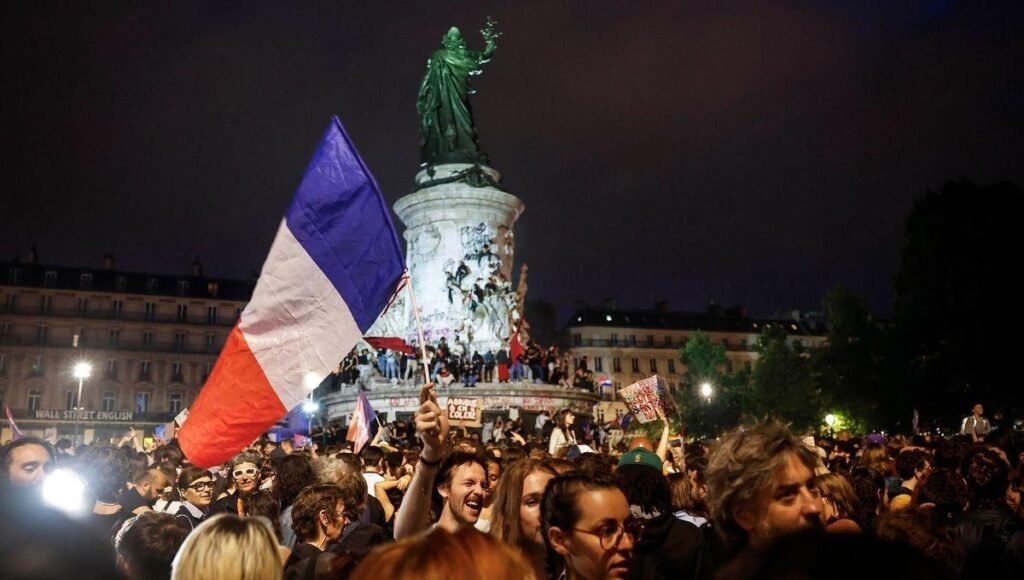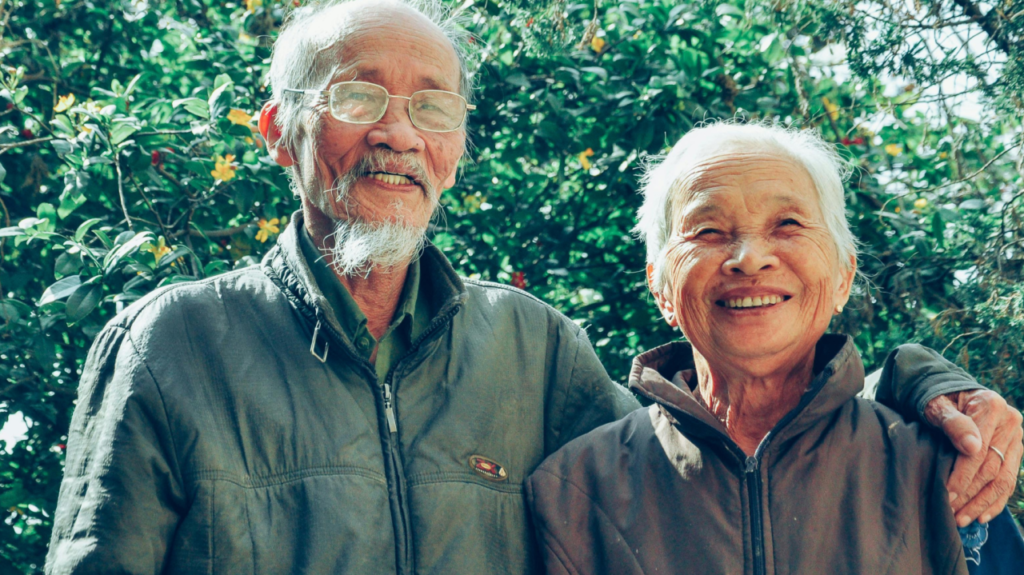Cultural Implications of the 2024 French Legislative Elections
Phew!!! A sense of relief and tears of joy emerged with the announcement of the legislative election results on Sunday, July 7. This feeling, tinged with cautious optimism, suggests that we may have narrowly avoided the worst. While the immediate results might seem like a victory, there remains an underlying awareness that the broader cultural and ideological battle is far from over. A Surge indeed, but also a Probation.
Cultural Identity and Political Discourse
Following the dissolution of the National Assembly by the French President, we have witnessed our share of homophobic and racist “slips.”
For instance, the homophobic attack on a man by radical far-right activists, one of whom, while in police custody, said: “Just wait three weeks, and we can bash gays as much as we want.” Or a National Rally candidate who believes she is not racist because, as she said: “I have a Jewish ophthalmologist and a Muslim dentist.” Additionally, National Rally (RN) outgoing deputy Roger Chudeau suggested that citizens with dual citizenship should be excluded from government positions, citing “loyalty” issues, illustrating his point by calling the appointment of Najat Vallaud-Belkacem (former Minister of Education under François Hollande’s government) as a “mistake.”
This stigmatisation suggests that dual-national and cross-cultural French citizens are less French than their mono-national counterparts, questioning the inclusivity of French identity.
But what does it mean to be French?
According to the Constitution of 1793, being French means primarily being a citizen, a status acquired by birth or residence. The French philosopher Ernest Renan, for his part, describes the nation as a ‘daily plebiscite’, emphasising a collective will to live together and build a shared future. He also highlights that the nation is likely to evolve as human aspirations change.
This inclusive vision contrasts with the nationalist view, which sees the nation as a closed entity defined by bloodline and ethnic heritage. During economic hardships, like the current cost of living crisis, nationalist rhetoric often resurfaces, exploiting imagined fears and promoting ideologies aimed at dividing people.
After all, scapegoat(s) must be found.
Source: actuParis
Social-Class Struggle or Race Struggle?
This is exemplified by transforming the social class struggle into a race struggle. The “good” French are opposed against the “less good” French, the “pure” French against the “second-class” French. It is a dangerous game contradicting the fundamental French principle of equality among people. Whether you’re white, black, yellow, brown, mononational or dual-national, monocultural or cross-cultural, urban or rural, Christian, Jewish or Muslim, etc. the list goes on. There are as many characteristics that define the French citizen as there are unique DNAs. And before the law, we are all equal.
As the Franco-Lebanese author Amin Maalouf notes, reducing identity to a single element can lead to isolation and conflict. Conversely, a rich, multi-faceted identity allows for greater integration and understanding within a diverse society. One such identity is the cross-cultural individual.
The Cross-Cultural Identity
The cross-cultural identity of French citizens, attacked through the RN’s instrumentalisation of dual nationals, involves embodying multiple cultural influences within oneself. Being cross-cultural is often not a choice but a reality, and it should be integrated as a component of national identity. Contrary to what its detractors might say, the French who enjoy a cross-cultural identity are at one with the national identity. Their contribution enriches society by bringing a diversity of experiences and perspectives that nourish the social and cultural fabric of the country. Moreover, every culture itself is composed of ‘subcultures’. Thus, the idea that monoculturalism is the norm, fixed and rigid, ignores the dynamic and evolving reality of cultures over time.
Watch the full Speech “The Chameleon”, what it is like to be cross-cultural
A pressing need for unity
The elections have turned part of the debate into a false question about culture and dual citizenship, while the real issue is primarily socio-economic. The urgent issue is the cost-of-living crisis, which is having a profound effect on the French people, each of whom is suffering in his or her own way from the difficulties of paying their bills. This is no time for political diversion.
Source: radiofrance
We desperately need a leadership that can speak to the entire nation, including cities, suburbs and rural areas; a leadership that unites rather than divides, that brings calm and solidarity and that firmly addresses the pressing needs of the French people. A leadership that transcends artificial divisions to remind us of the greatness of the nation.
Being French is a collective pride that is defined neither by race nor origin, but by a common desire to live together, enriched by the diversity and multiple cultural influences that forge our collective identity.




